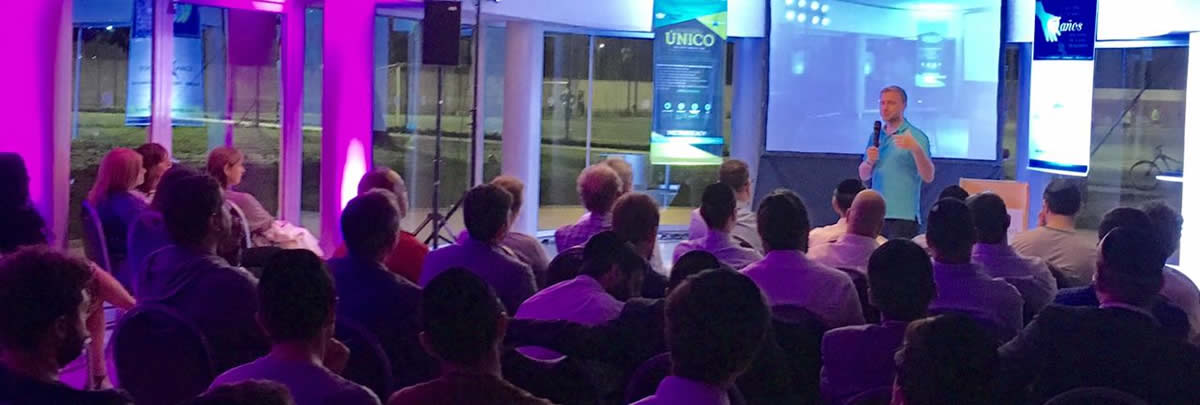What is Tzedaka?
The jewish sages maintain that the importance of Tzedaka is equivalent to the sum of the rest of the commandments. Within this framework, helping the needy, the unfavoured, has a special denomination in judaism: it is refered to as doing TZEDAKA.
More informationThe Mitzvá
The Torah establishes very specific laws referring to the procedure of lending money, as well as the permitted ways of reclaiming loans, and, on the oher hand, the obligation of repaying loans punctually.
More information
The importance of donating to the Gmaj
We strive for donations to achieve the highest level of Tzedaka.
We carefully observe all the halajic details, and grant loans in a swift and anonymous manner.
We are developing a team of renowned professionals who will render their advice free of charge and will help the needy reorganize and direct their finances in order to find a way out of their present ordeal.
The effect of a donation isl be multiplied with the passage of time. A donation of, say, $20.000. will be equivalent to $300.000 in thirty years time.
Our present reality
Due to the current economic situation,demands for loans have increased considerably, and we can no longer afford to satisfy all requests. This has forced us to reduce loans. Furthermore, new requests are constantly engrossing the waiting list of people anxiously waiting for funds which will allow them to get married, move or satisfy other basic needs.
An example worth following
The number of iehudim living below the line of poverty, is, unfortunately, higher in Argentina than in most of the other Latin American countries.
In Mexico and Brazil the Gmagim already manage very important funds, destined to grant interest free loans. When a family is in need, it is assisted by the community, supported and helped to once again be able to stand on its own feet.
The highest level of Tzedaka
The highest level of Tzedaka requires helping someone to rely on his own resources, before he requires assistance or becomes empoverished. This is attained by granting him genuine help in a dignified way, by means of an adequate loan, or help him to obtain employment or set up a business, and therefore not having to rely on outside help.
In the second highest level, the donor is not aware of the identity of the receiver, and viceversa. This form clearly refers to contributions to funds. Community funds, managed by trustworthy members, also fall within this bracket.
We would like to thank the families and business enterprises which support us.
Testimonies:We would like to thank all those who work and collaborate with the Gmaj. We would also like to emphasize the high level of civility and reserve of our staff. All proceedings are conducted in a kind and motivated way. The masejet Pea (Perek Alef) states that Gemilut Hasadim constitutes one of the precepts thanks to which the human being is allowed to benefit from the fruits of this world, while the capital is reserved for the Future World.
May Hashem will to Multiply his Berajot to all of you.






